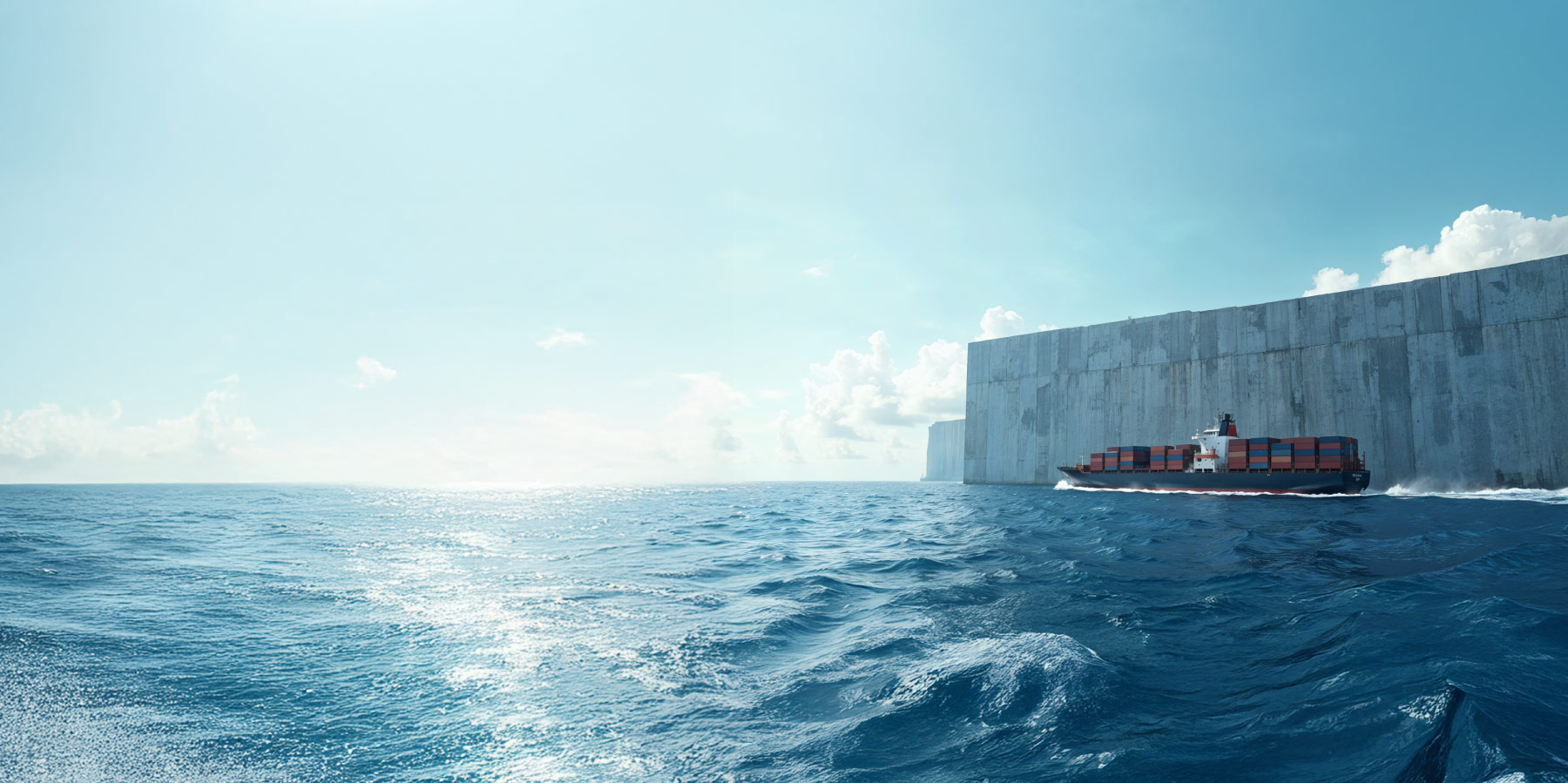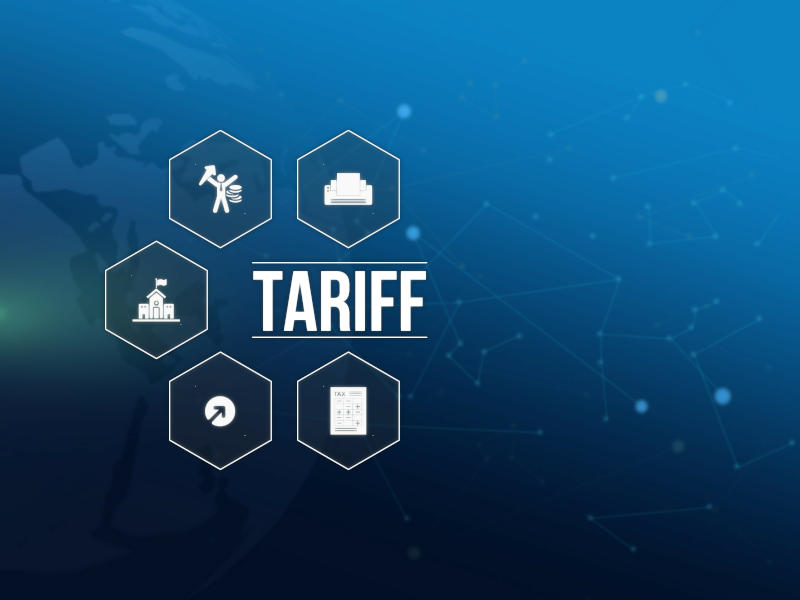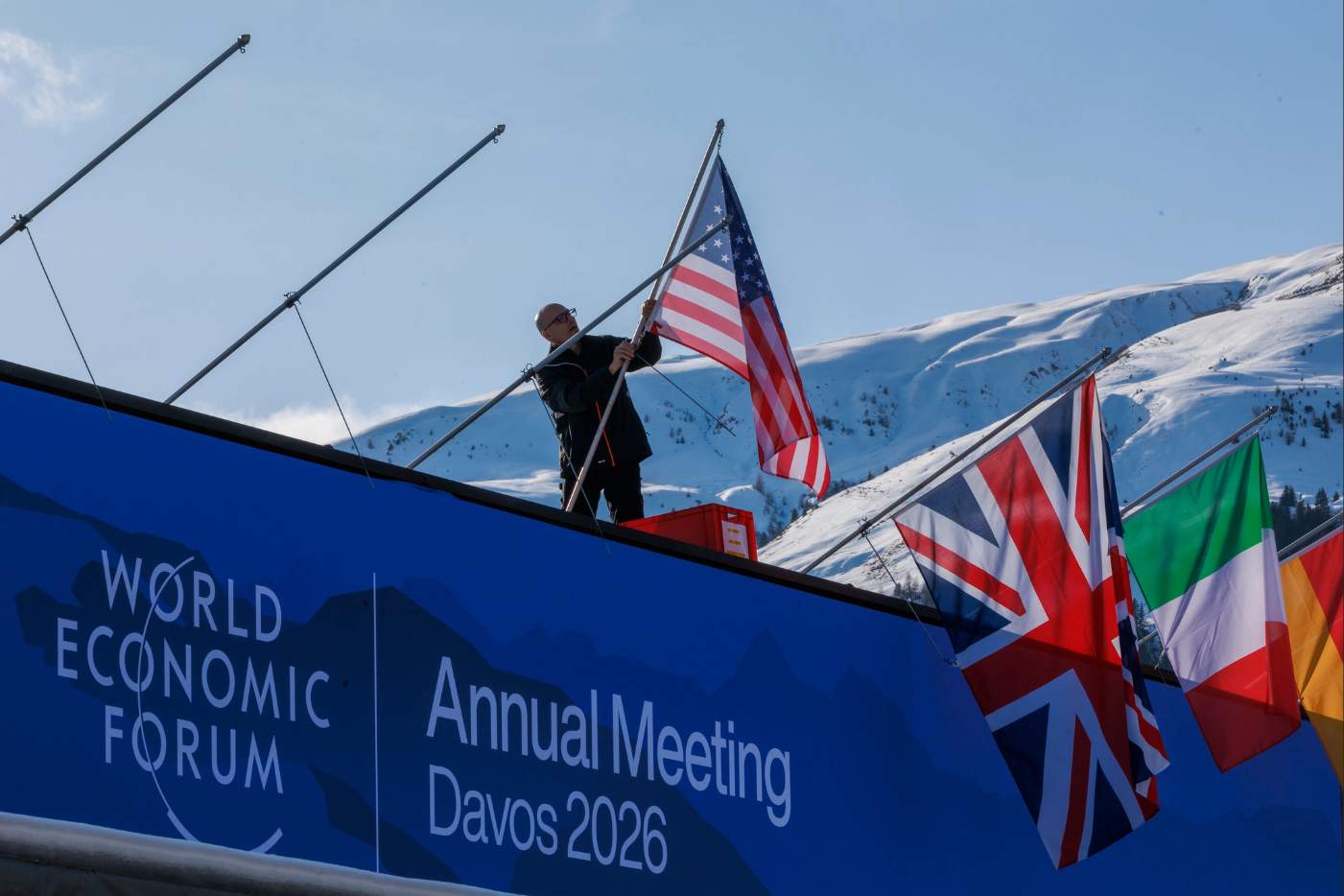Exit before you are forced to
A foreign market doesn’t have to collapse overnight for the risk to be real. Trade barriers can erode competitiveness gradually, one step at a time.
Strategic exits are painful – but they must be kept on the boardroom agenda. Leaders should regularly stress-test exit scenarios and discuss them with the board as deliberately as any other contingency plan.
History shows that companies that exit deliberately, rather than being forced out, are better positioned to rebuild and thrive. In our examples, one exit was a conscious strategic pivot; the other was a delayed reaction to external collapse.
Yet even those who stumble at first can reinvent themselves. Finnish shipbuilders eventually emerged as global leaders in Arctic technologies, marine engines, and cruise ship construction.
In times of disruption, the winners will be those who act early, think collectively, and adapt without hesitation.







